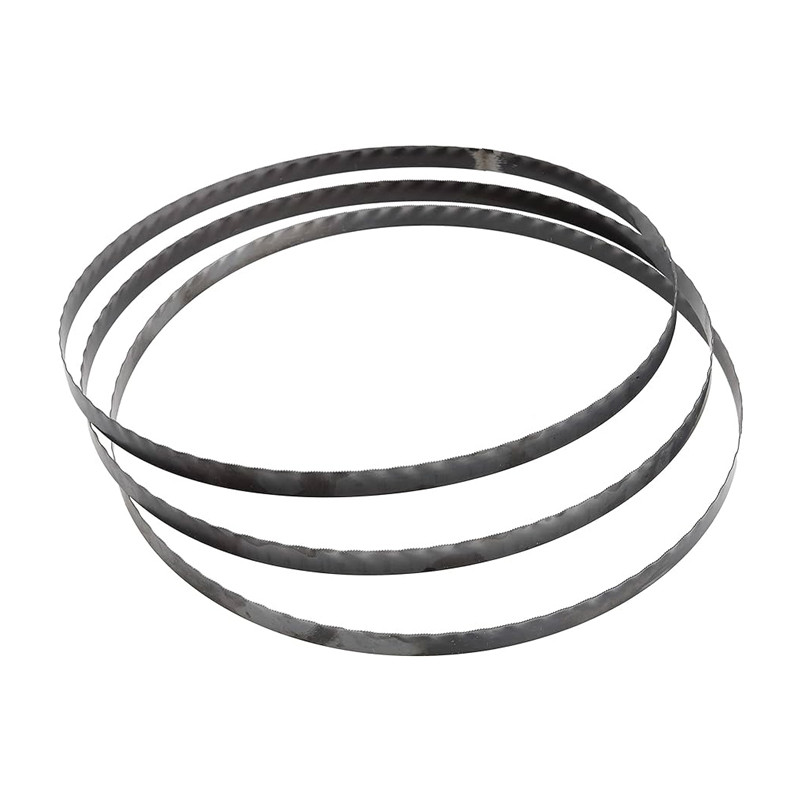digital depth gauge Manufacturers
A digital depth gauge is an indispensable tool for precise depth measurement in various industries. Selecting the right manufacturer is crucial for ensuring accuracy, reliability, and long-term performance. This guide explores key factors to consider when choosing a digital depth gauge manufacturer and highlights some of the leading companies in the market.
Understanding Digital Depth Gauges
What is a Digital Depth Gauge?
A digital depth gauge is a measuring instrument used to determine the depth of holes, slots, steps, and other features. Unlike traditional mechanical depth gauges, digital depth gauges provide a direct digital readout, eliminating the need for manual interpretation and reducing the risk of errors. They are commonly used in machining, woodworking, automotive repair, and quality control applications.
Key Features of Digital Depth Gauges
- Measuring Range: The maximum depth a gauge can measure.
- Resolution: The smallest increment a gauge can display (e.g., 0.0005 inch, 0.01 mm).
- Accuracy: The degree to which a measurement conforms to the true value.
- Units of Measurement: Most digital depth gauges can switch between inches and millimeters.
- Data Output: Some gauges have data output ports (e.g., USB, RS-232) for transferring measurements to a computer or data logger.
- Material: The material of the gauge's body and measuring rod (e.g., stainless steel, hardened steel).
- Display: The size and clarity of the digital display.
- Battery Life: The operational time before battery replacement or charging is needed.
Factors to Consider When Choosing a Manufacturer
Reputation and Experience
Select a digital depth gauge manufacturer with a proven track record of producing high-quality, reliable instruments. Look for companies with years of experience in the metrology industry and positive customer reviews. Wayleading Tools, with its commitment to precision and quality, stands as a reliable option in the market.
Product Range and Customization
Ensure the manufacturer offers a wide range of digital depth gauges to meet your specific needs. Consider whether they offer customization options, such as different measuring ranges, base types, or data output interfaces.
Quality and Accuracy
The accuracy of a digital depth gauge is paramount. Verify that the manufacturer adheres to recognized quality standards (e.g., ISO 9001) and provides calibration certificates for their instruments. Check the gauge's accuracy specification and ensure it meets your application requirements. It's recommended to frequently calibrate your tools, be sure to check out our selection of calibration tools at Wayleading Tools.
Customer Support and Service
Choose a manufacturer that provides excellent customer support and service. This includes technical assistance, repair services, and readily available spare parts. A responsive and helpful support team can minimize downtime and ensure the longevity of your digital depth gauge.
Price and Value
While price is a consideration, focus on the overall value of the digital depth gauge. A slightly more expensive, high-quality gauge can provide better accuracy, reliability, and a longer lifespan, ultimately saving you money in the long run.
Leading Digital Depth Gauge Manufacturers
While a comprehensive list is difficult to maintain due to constant market changes, here are some well-regarded manufacturers of digital depth gauges:
- Mitutoyo: A global leader in metrology equipment, known for its precision and innovation.
- Starrett: A reputable manufacturer of precision tools and instruments, with a long history of quality.
- Mahr: A German manufacturer specializing in dimensional metrology, known for its high-precision gauges.
- Fowler: A provider of a wide range of measuring tools, including digital depth gauges, at competitive prices.
- Sylvac: A Swiss manufacturer known for its high-quality digital depth gauges and other measuring instruments.
Digital Depth Gauge Applications
Digital depth gauges are used in a wide variety of industries, including:
- Machining: Measuring the depth of drilled holes, milled slots, and other machined features.
- Woodworking: Determining the depth of mortises, rabbets, and dados.
- Automotive Repair: Measuring brake rotor thickness, tire tread depth, and other critical dimensions.
- Quality Control: Verifying the dimensions of manufactured parts to ensure they meet specifications.
- Aerospace: Measuring critical dimensions in aircraft components.
Comparison of Digital Depth Gauge Specifications (Example)
This table provides a simplified example and should be verified with the manufacturer's official specifications.
| Manufacturer | Model | Measuring Range | Resolution | Accuracy |
|---|---|---|---|---|
| Mitutoyo | 0-8' (0-200mm) | 0.0005' (0.01mm) | ±0.001' (±0.03mm) | |
| Starrett | 3753Z-6/150 | 0-6' (0-150mm) | 0.0005' (0.01mm) | ±0.001' (±0.03mm) |
| Fowler | 0-6' (0-150mm) | 0.0005' (0.01mm) | ±0.0012' (±0.03mm) |
Disclaimer: Specifications may vary. Always refer to the manufacturer's official documentation for accurate and up-to-date information.
Conclusion
Choosing the right digital depth gauge manufacturer is essential for ensuring accurate and reliable depth measurements. By considering factors such as reputation, product range, quality, customer support, and price, you can select a manufacturer that meets your specific needs and provides a valuable tool for your applications. Remember to regularly check Wayleading Tools's product catalog for your tools needs.
Related products
Related products
Best selling products
Best selling products-
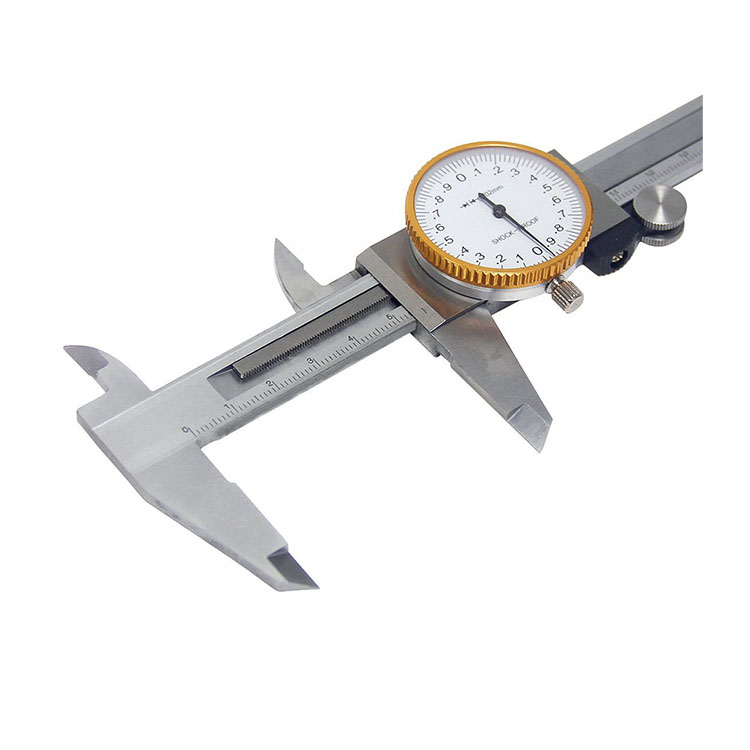 Precision Dial Caliper Of Metric & Imperial For Industrial
Precision Dial Caliper Of Metric & Imperial For Industrial -
 MT/R8 Shank Quick Change Tapping Chuck With MT & R8 Shank
MT/R8 Shank Quick Change Tapping Chuck With MT & R8 Shank -
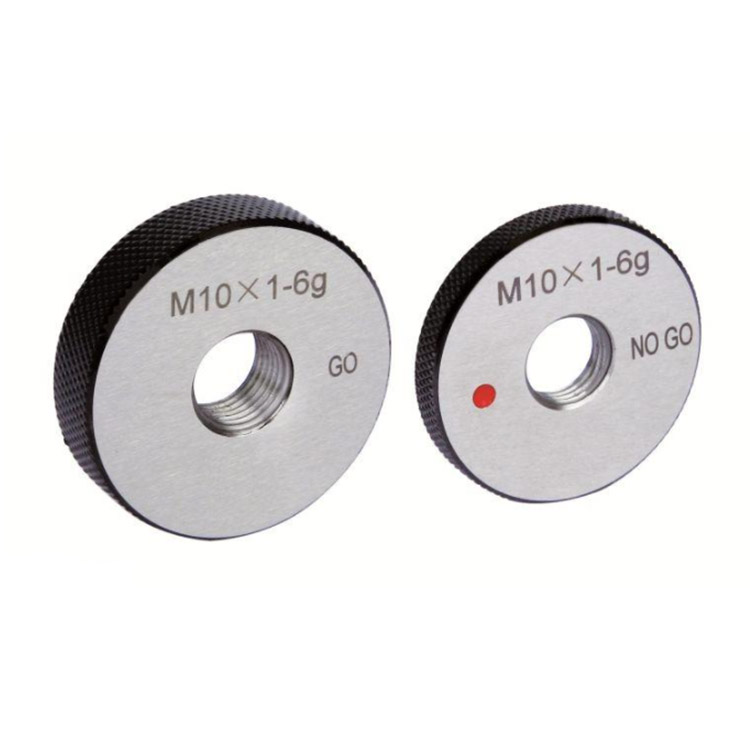 Metric Thread Ring Gauge 6g Accuracy With Go & NO Go
Metric Thread Ring Gauge 6g Accuracy With Go & NO Go -
 Round Die Wrench For Thread Cutting Tools
Round Die Wrench For Thread Cutting Tools -
 Metric HSS Annular Cutters With Weldon Shank For Metal Cutting
Metric HSS Annular Cutters With Weldon Shank For Metal Cutting -
 DIN6537L Metric Solid Carbide Twist Drill With Internal Coolant & External Coolant
DIN6537L Metric Solid Carbide Twist Drill With Internal Coolant & External Coolant -
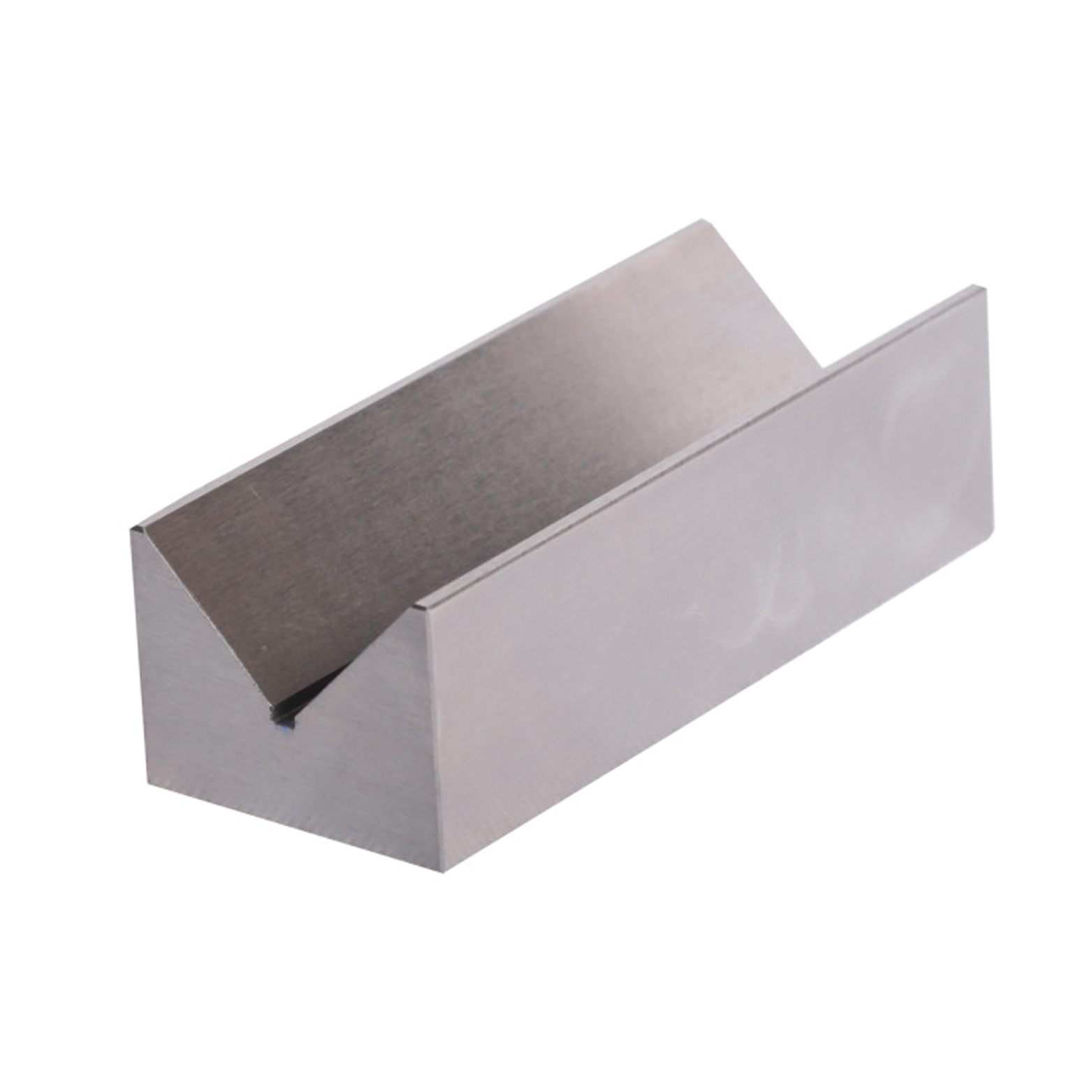 Precision V Block Set With Industrial Type
Precision V Block Set With Industrial Type -
 HSS Inch 4 Flute End Mills With Bright Or TiN And TiAlN Coated
HSS Inch 4 Flute End Mills With Bright Or TiN And TiAlN Coated -
 25PCS DIN338 HSS Twist Drill Bit Set From 1-13mm
25PCS DIN338 HSS Twist Drill Bit Set From 1-13mm -
 HSS ISO Metric Round Die Wieh Splite Or Adjustable Splite Type
HSS ISO Metric Round Die Wieh Splite Or Adjustable Splite Type -
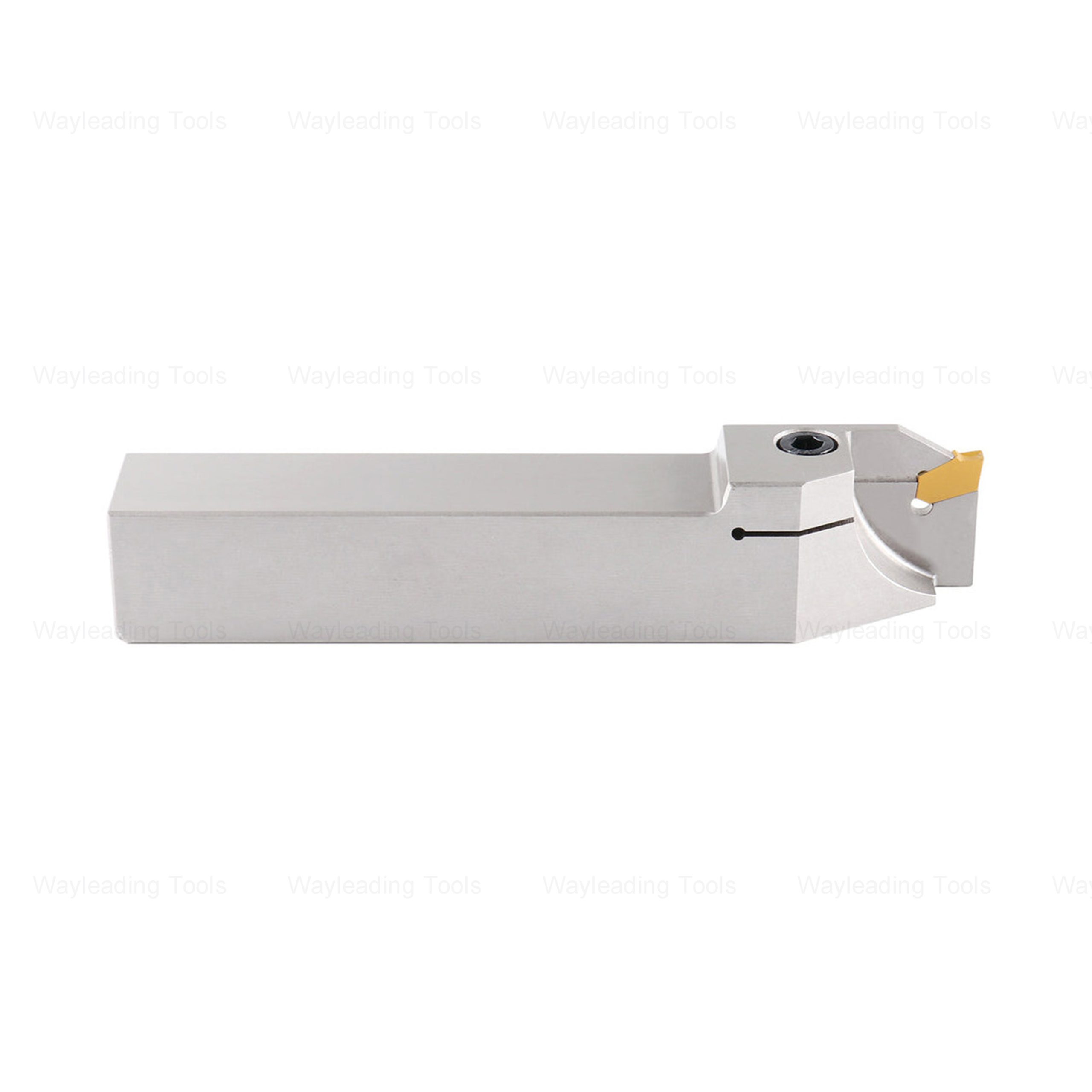 QA Grooving & Cut-Off Tool Holder – Right- and Left-Hand Types
QA Grooving & Cut-Off Tool Holder – Right- and Left-Hand Types -
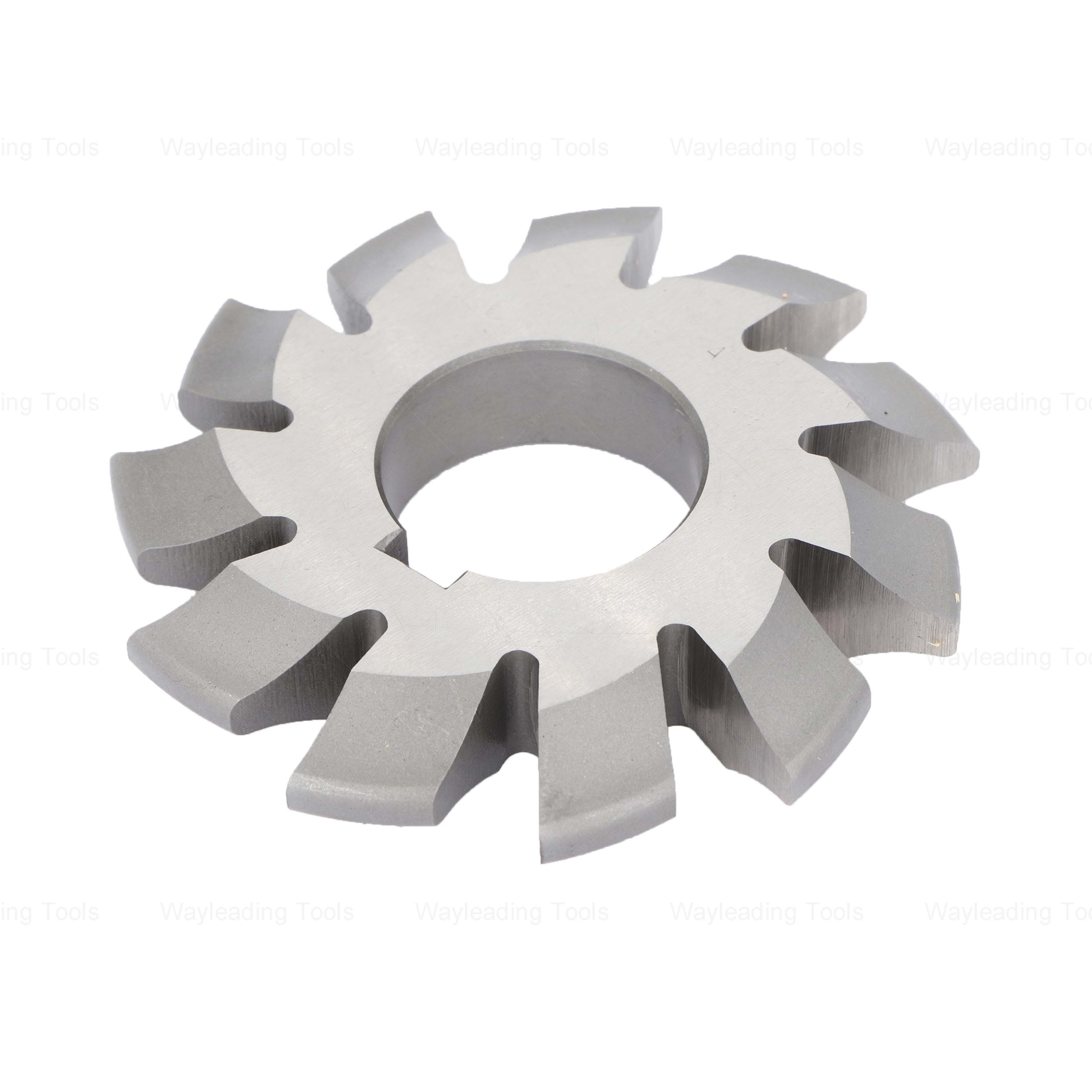 HSS Involute Gear Cutters – Module Type, PA 20° / 14.5°
HSS Involute Gear Cutters – Module Type, PA 20° / 14.5°
Related search
Related search- square shoulder indexable face mill Manufacturers
- High-Quality PCBN turning tool holder
- SVUC boring bar Supplier
- 3pcs mini indexable end mills Factory
- dial test indicator Supplier
- 123 block Manufacturer
- SRDCN turning tool holder Supplier
- Dial bore indicator
- Wholesale PSRN turning tool holder
- Wholesale lathe tooling kit




